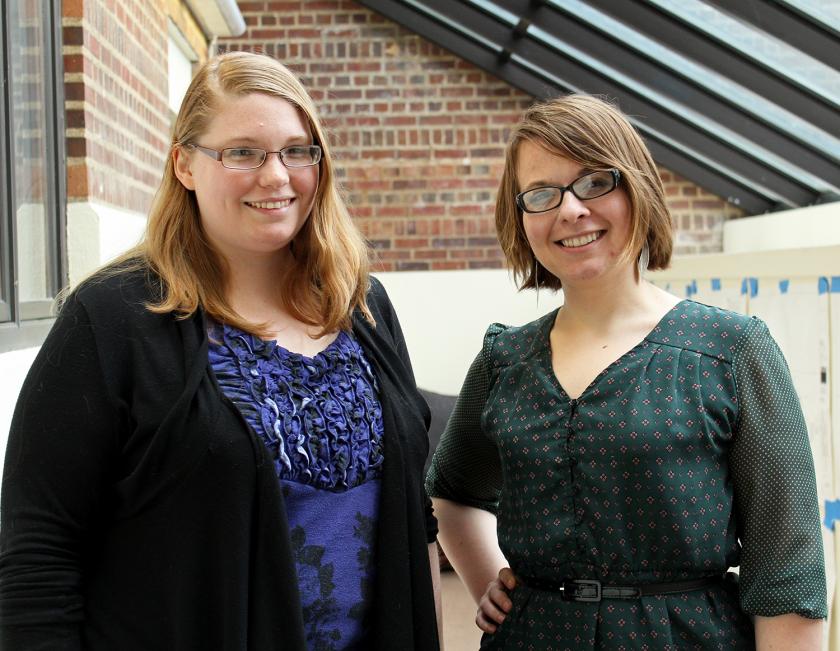
 Programmers from around the world will flock to Montreal on April 9-17 for PyCon 2014, the world’s largest gathering for users of the programming language Python. Among the participants will be two GSLIS master’s students, Elizabeth Surbeck and Elizabeth Wickes.
Programmers from around the world will flock to Montreal on April 9-17 for PyCon 2014, the world’s largest gathering for users of the programming language Python. Among the participants will be two GSLIS master’s students, Elizabeth Surbeck and Elizabeth Wickes.
Wickes, a first-semester student specializing in data curation and socio-technical data analytics (SODA), will present a poster titled, “Adventures in Learning Python.” The poster outlines several approaches to learning Python and seeks to explore how learners from nontechnical backgrounds learn and use the language. In addition to presenting her poster, Wickes plans to conduct informal surveys to discover how her fellow conference participants learned programming.
Wickes first heard of Python when she took a MOOC class. As a data curator at Wolfram|Alpha, she wanted to pick up a new job skill and prepare for the SODA specialization at GSLIS. “I wanted to be able to get into the program with a jump start,” she said.
Surbeck, also a SODA student, agrees that picking up a programming language is a good idea for LIS students. “I would strongly recommend it for anyone who is looking into going into SODA, only because it is so useful. If you want to do really cool stuff, definitely know programming. It just opens up so many doors when you are not necessarily fluent in code but just comfortable with it.”
Outside of class, Surbeck and Wickes are co-organizers of the Champaign-Urbana Python User Group, also known as Py-CU. The group provides an informal forum for community members to talk about programming, collaborate on projects, and problem solve together. Weekly hack sessions are held Tuesday evenings at Makerspace Urbana.
Surbeck and Wickes often see fellow GSLIS students at these informal meetings, a trend they hope will continue, and they encourage their peers to become more involved in the local and national programming communities. “There are a lot of maker-types here at GSLIS...Coding is another way that you can make and create,” said Surbeck. “I hope and I’d like to think that Elizabeth and I are just the beginning—that we’re going to be the beginning of a long line of GSLISers who are going to conferences like this.”